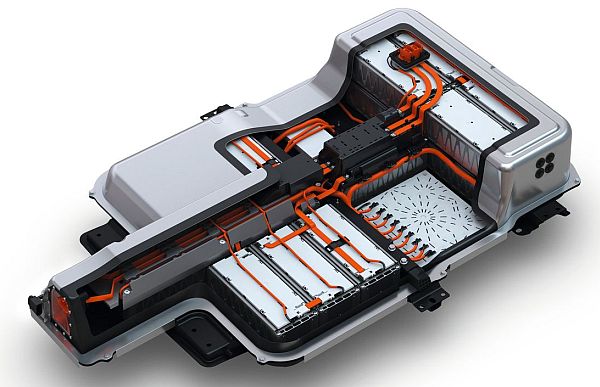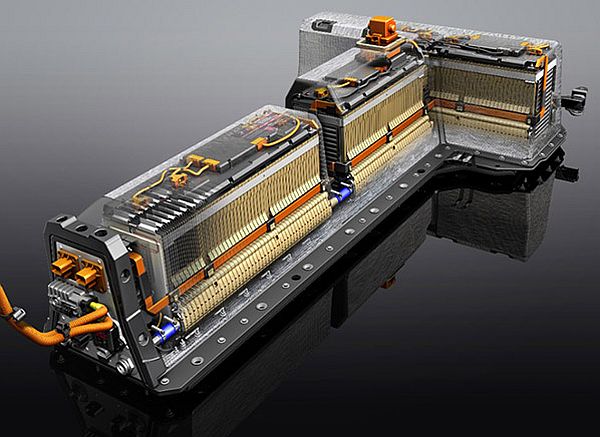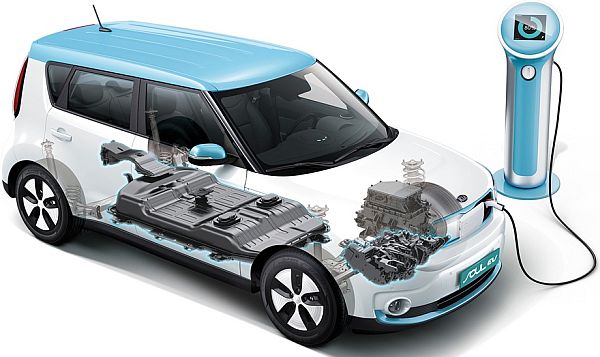When an electric car is about to expire, there is a challenge about the disposal of its batteries. While electric vehicles (EVs) are considered to be green, their batteries use toxic materials and mined metals that are extremely harmful to the environment. Thus, there is still a big question mark about making electric vehicles completely green. One of the considerable options is the recycling of car batteries, so we may reuse them for other purposes. Instead of dumping EV batteries, we can reuse some of its components like copper, nickel, lithium and cobalt to help sustain the environment.

While it is a greener option to recycle batteries, several recycling facilities find it costlier to recycle materials like lithium that already cost low in the market. However, some companies are still ready to give it a shot with the help of government grants and support from environmental campaigns. They are finding cost-effective and innovative ways to run their battery recycling programs in an efficient manner. Some other companies have gone on a different path. They have been reusing their batteries at places where there is a requirement for these. For example, they are collaborating with power giants that can put batteries to good use.
Considering the types of efforts being made by these companies, it is clear that they are concerned about managing old EV batteries. Saving the environment and adopting greener practices is on their priority list. While governments have been taking positive steps to reinforce these efforts, companies are still awaiting solid norms regarding the recycling and reuse of EV batteries. Governments have also invested in related technologies that help in recycling. However, such technologies are still at a nascent stage. Due to continuing debates about the recycling of lithium and similar materials, governments have not been able to come up with solid regulations.

As we know that batteries retain about 80 percent of their original charging capacity at the time when EV retires, thus, these batteries can still be useful for several other applications. The need is to recycle them and make them to this reuse. Unless governments set some mandatory practices, these efforts will just go on a random basis. We can still observe many reuse practices taking place to protect the environment from the toxic effects of EV batteries. Experts have also been studying different types of batteries in order to identify recycling methods that are most suitable, effective and profitable.
It has generally been observed that nickel-metal hydride and cobalt batteries are most valuable to recycle. Thus, many companies are coming up with new ideas to recycle and thus reuse such batteries. Governments have also made plans to set up more plants to work on the recycling of EV batteries. This could alter the face of production in coming years. However, we should give additional attention to the use of second-life batteries to maximize the benefits to the environment. Additionally, we must standardize the batteries and cell design, so that the recycling could be easier and more effective.
Summary:
If the environment has to be protected from the harmful effects of EV battery materials, then it is important to recycle and reuse them. Thus, there is a need to find more cost-effective and efficient ways to recycle these batteries.




